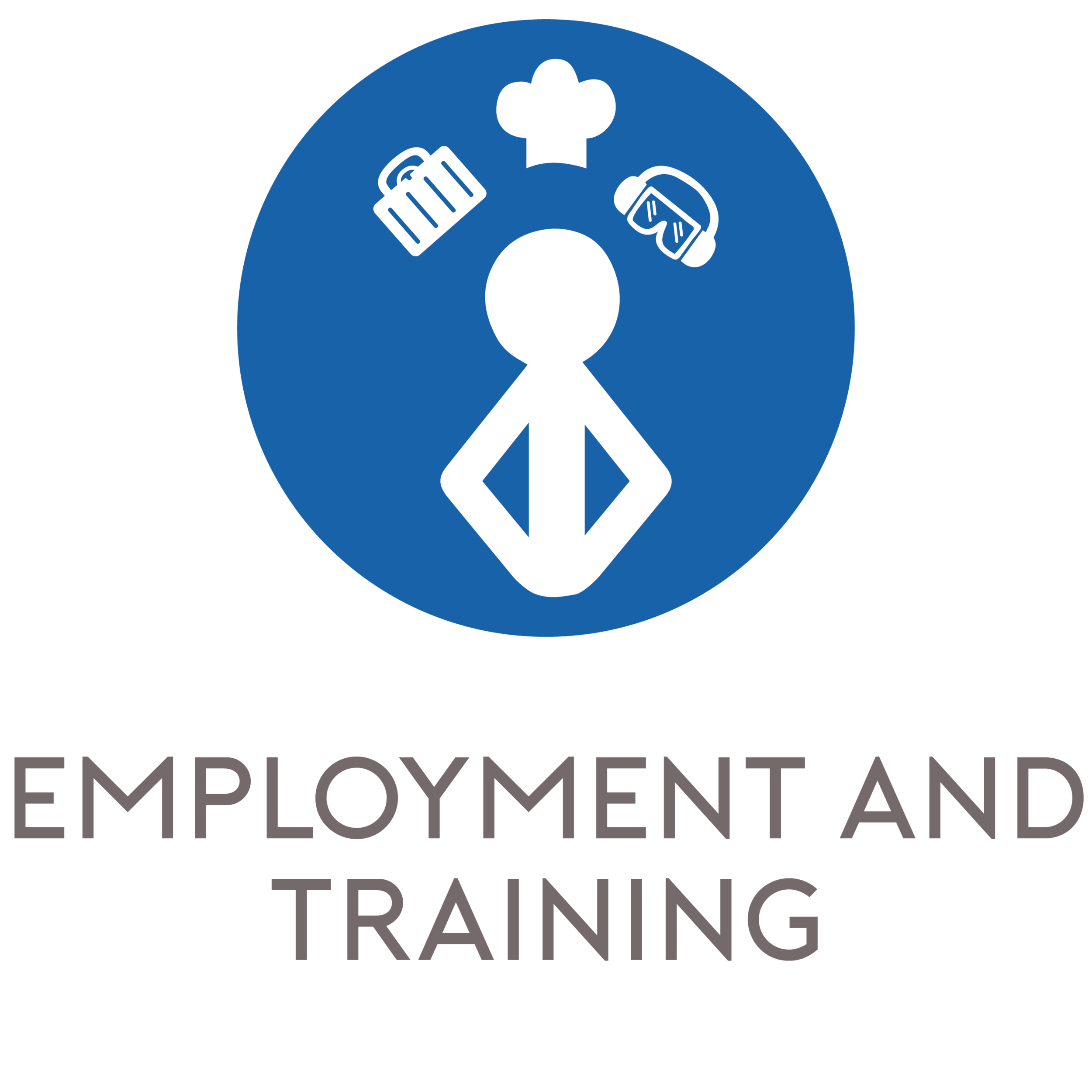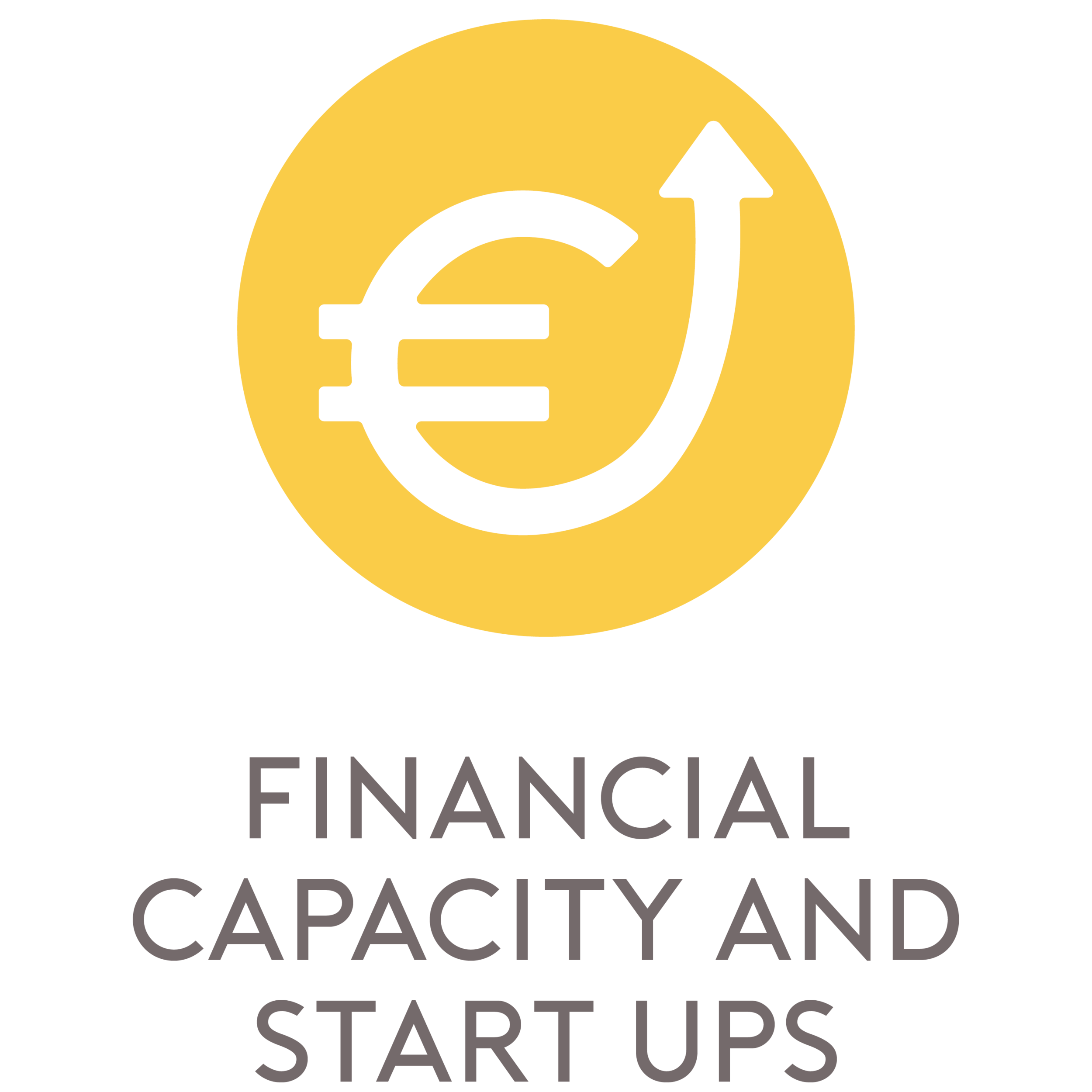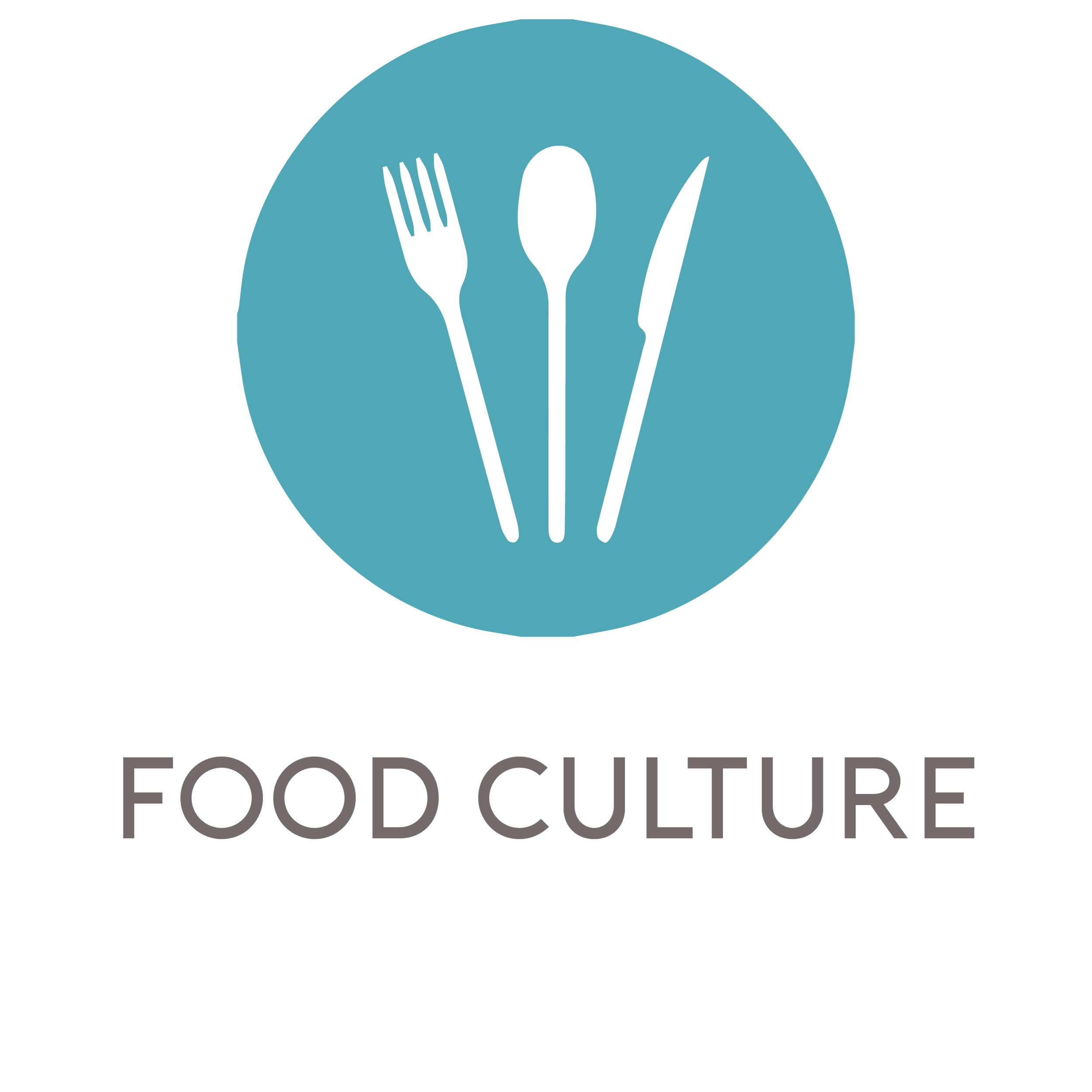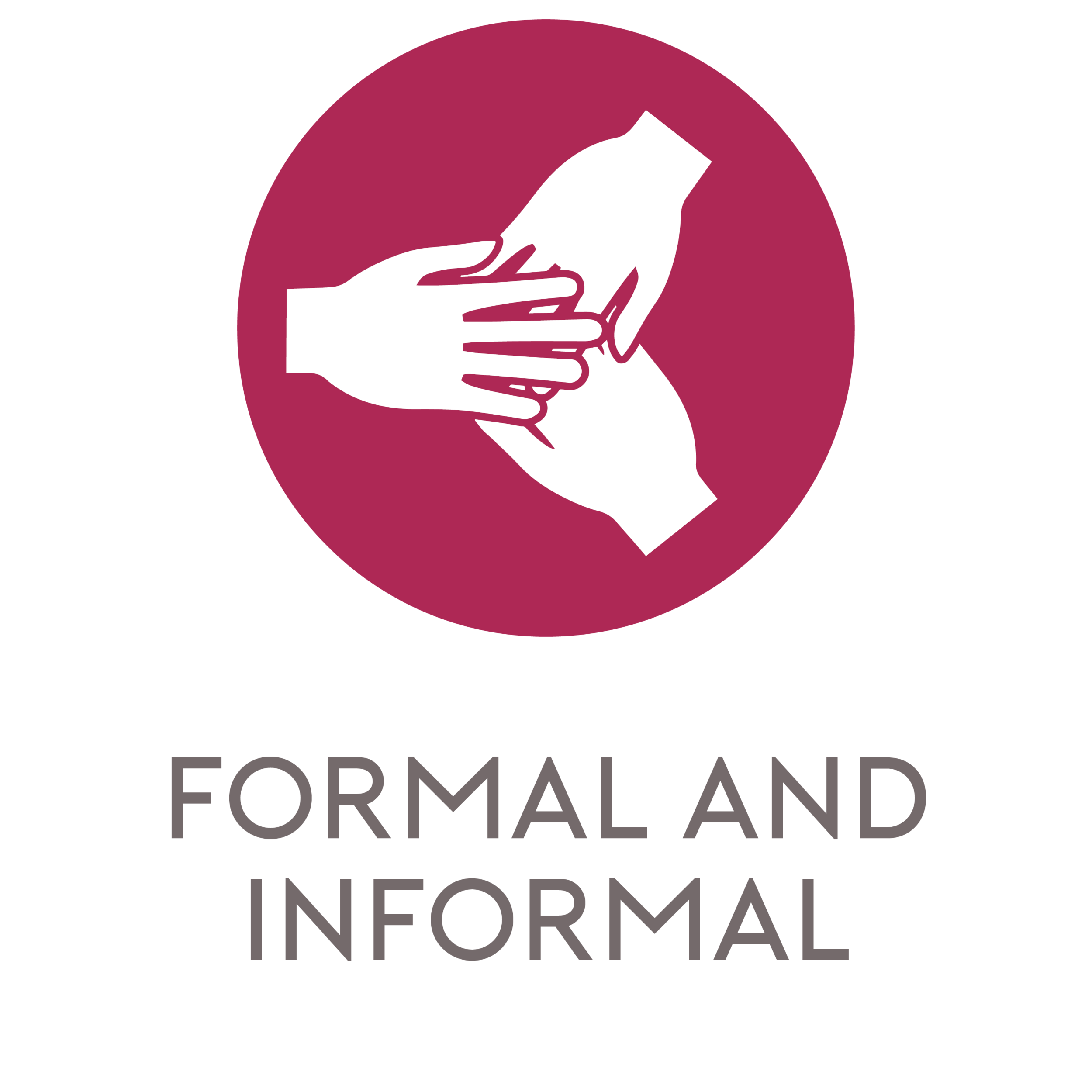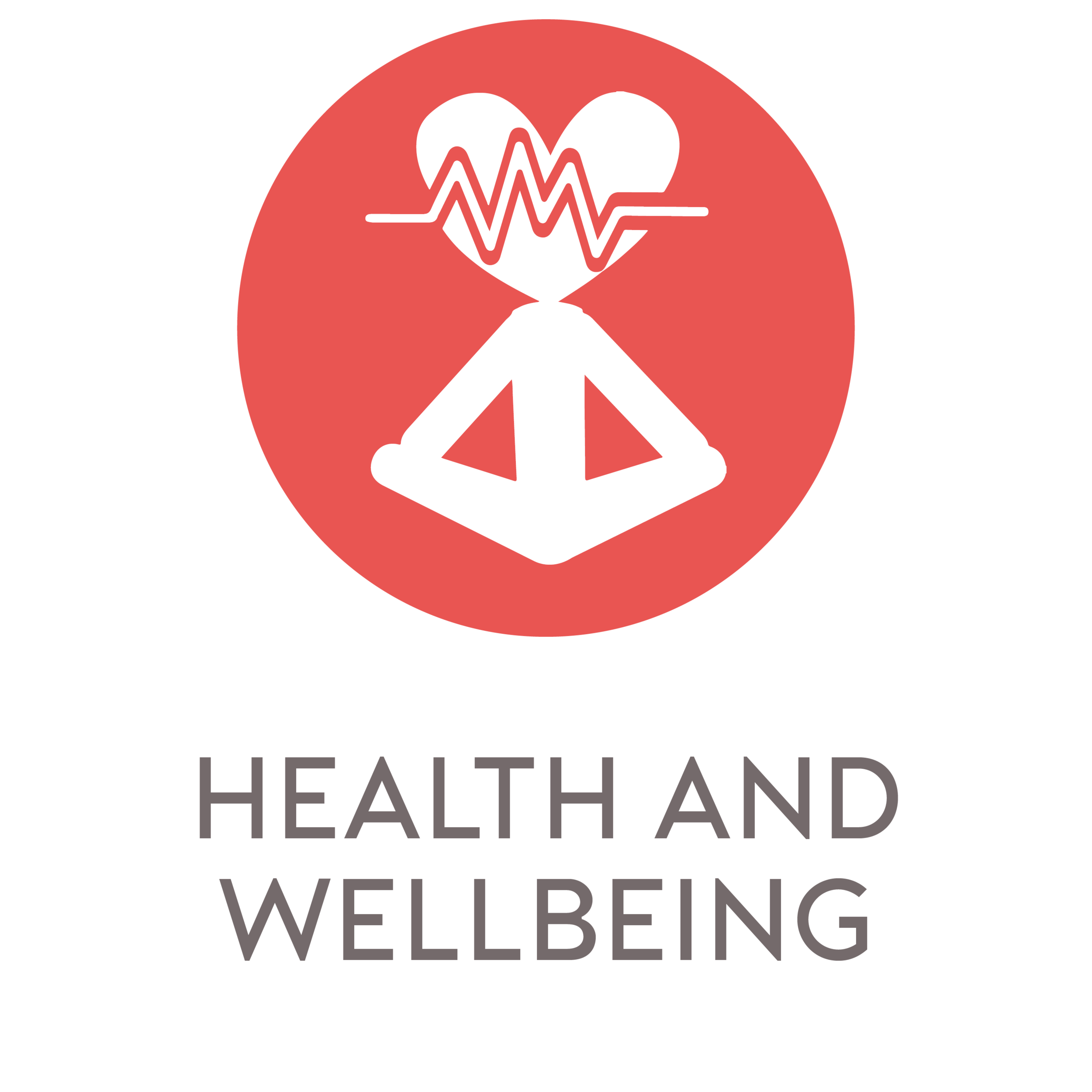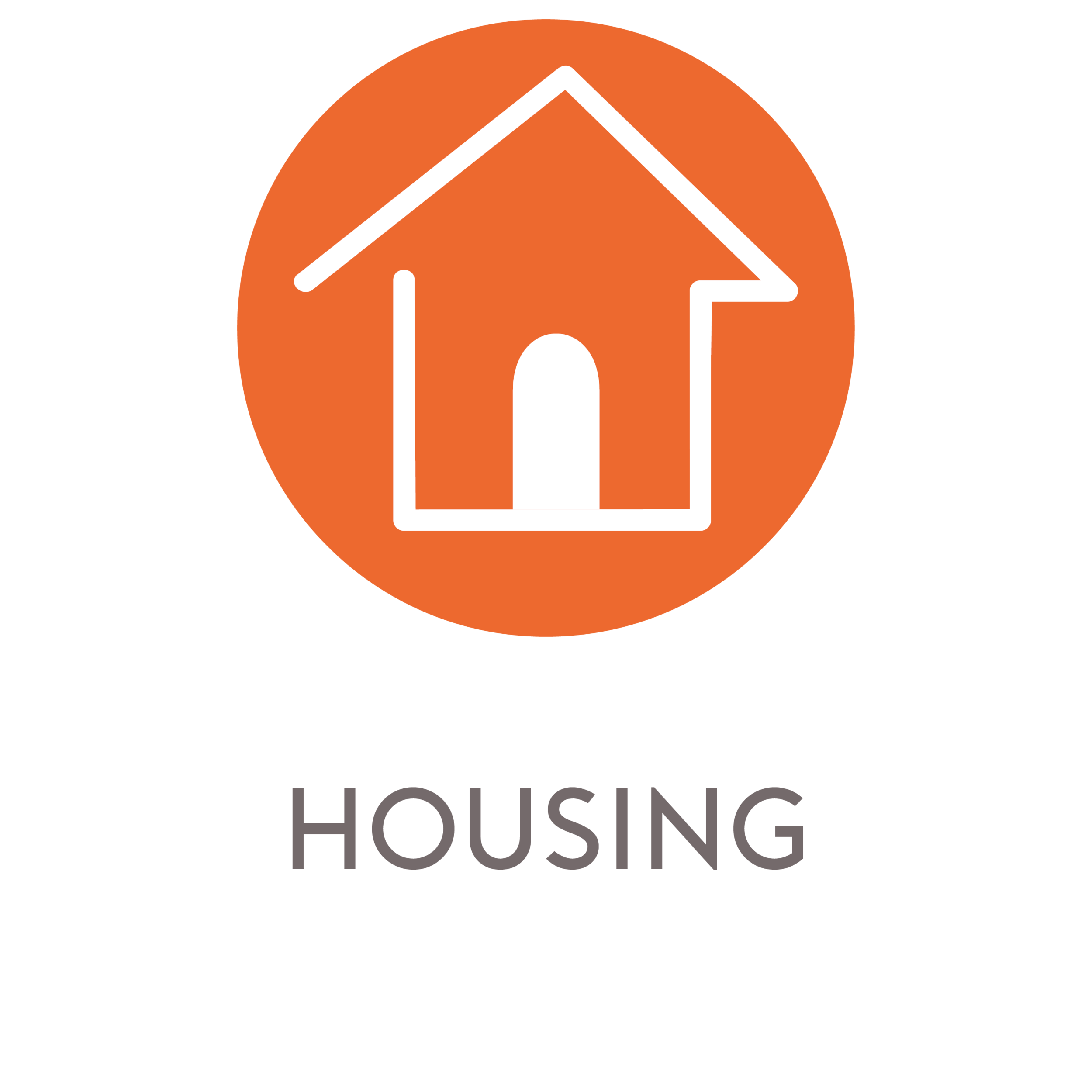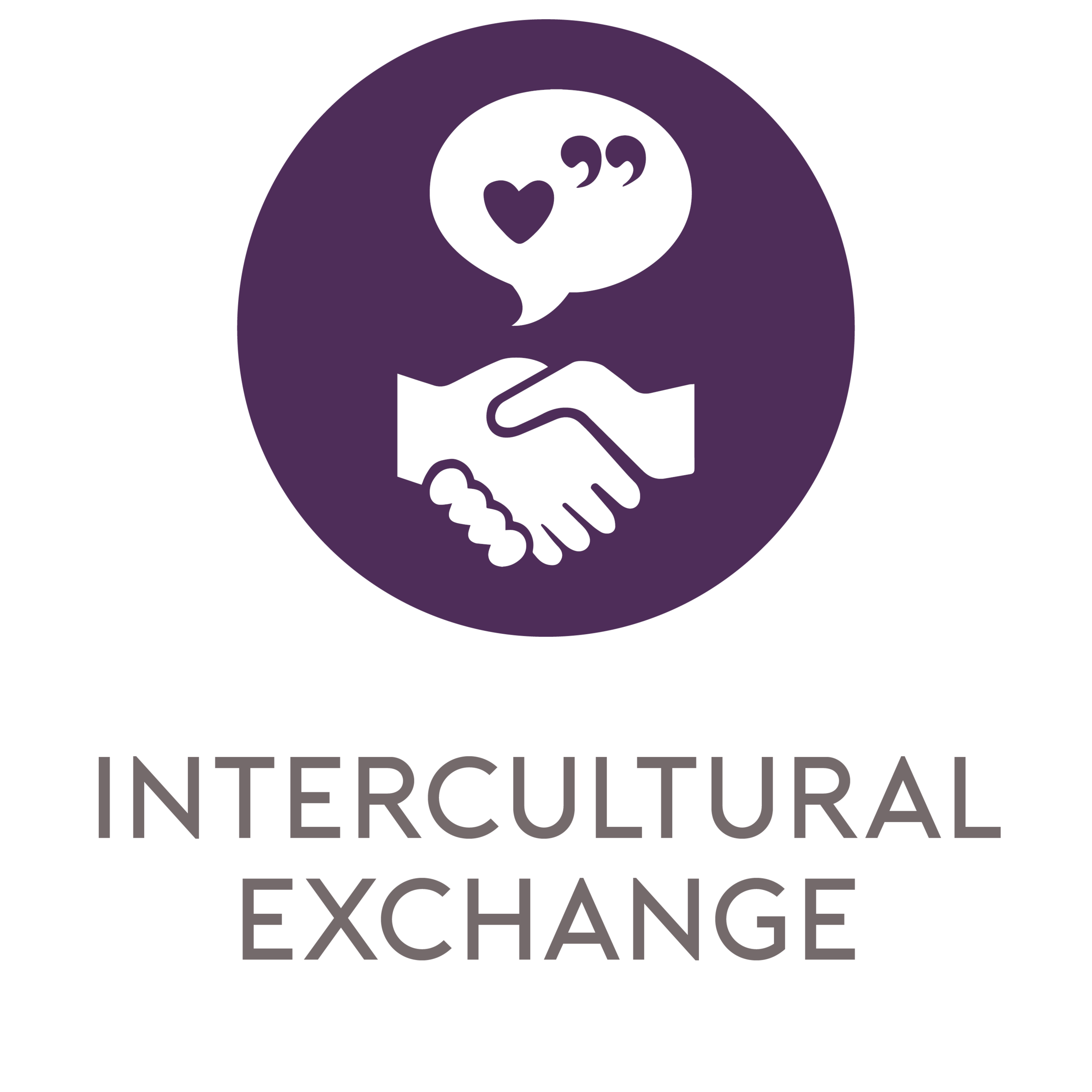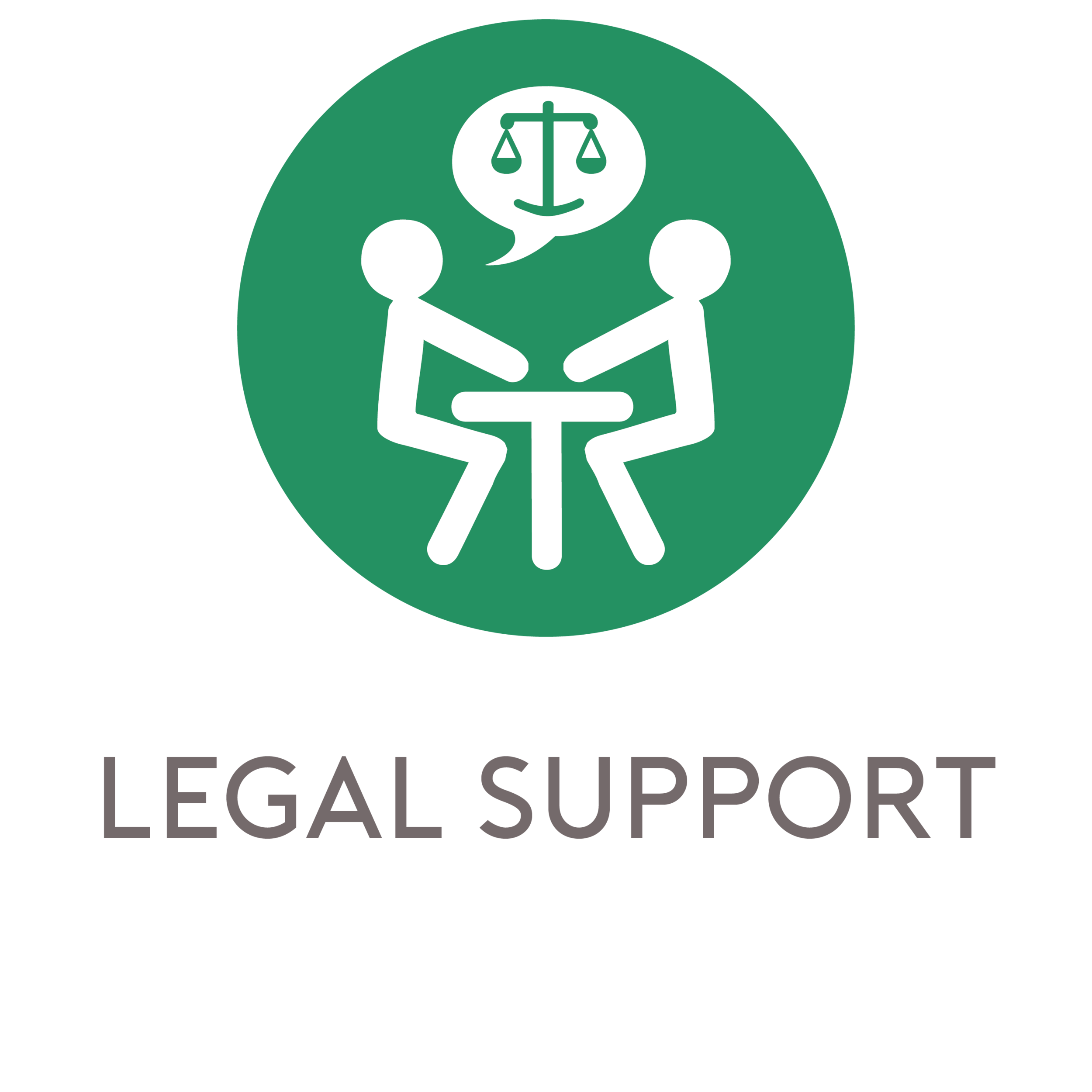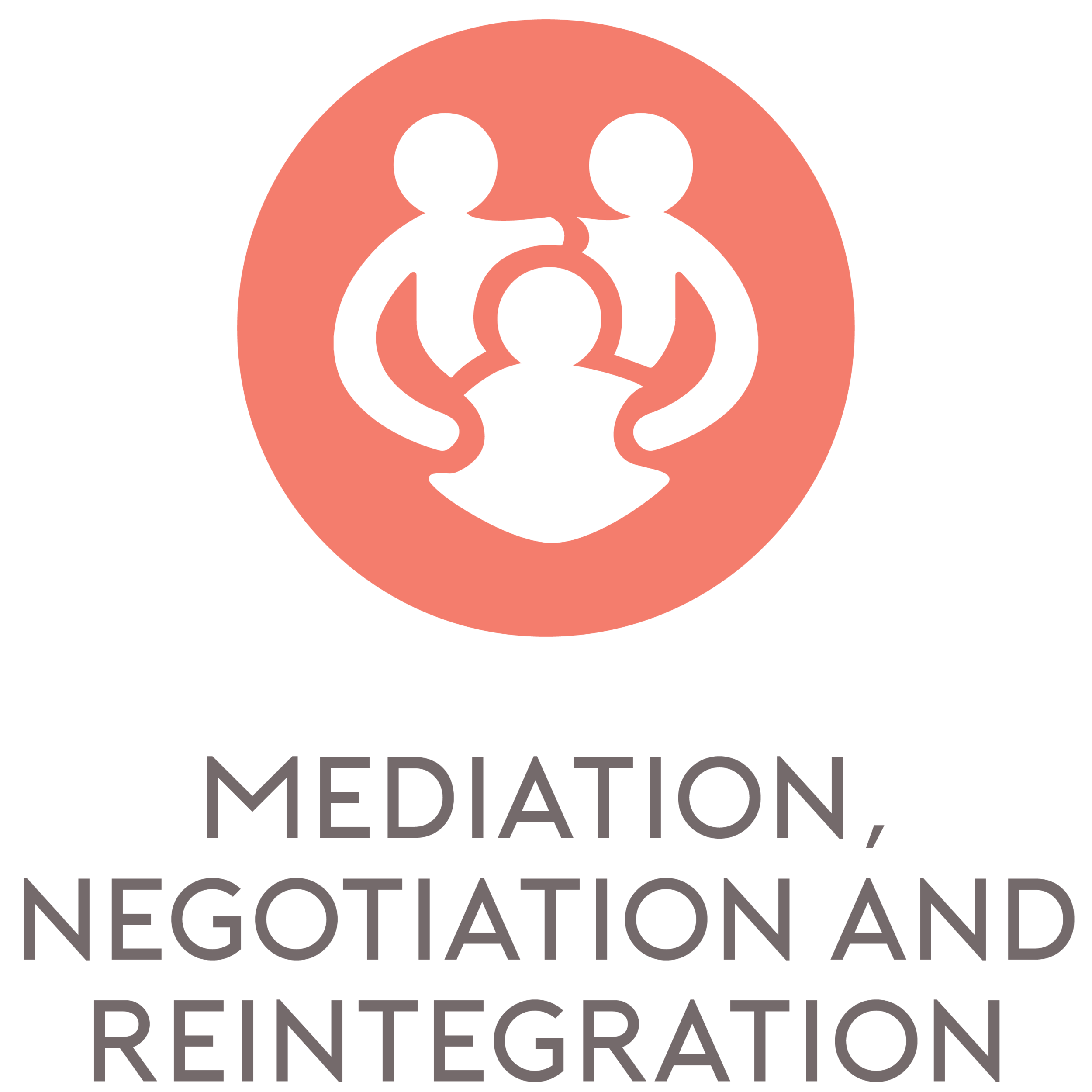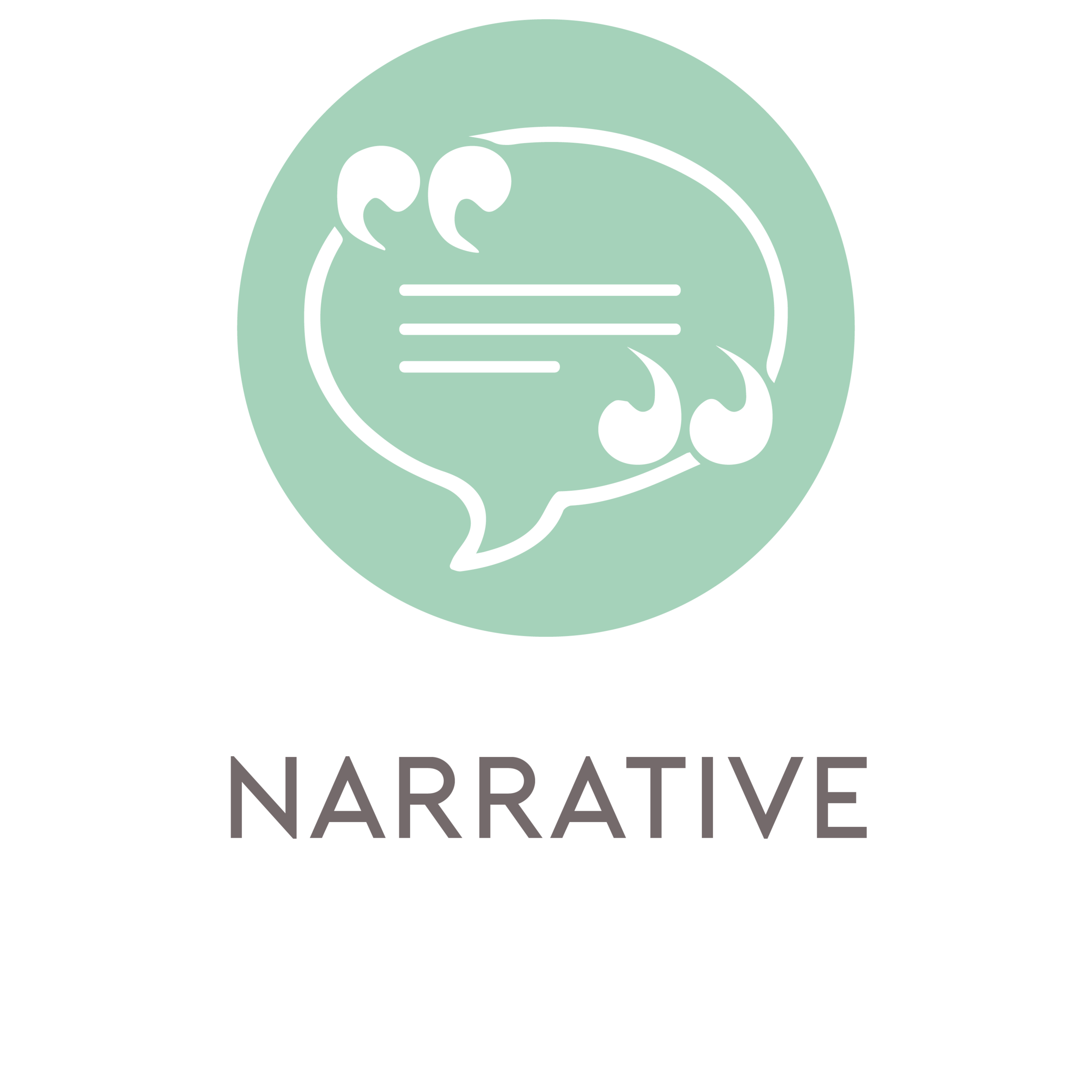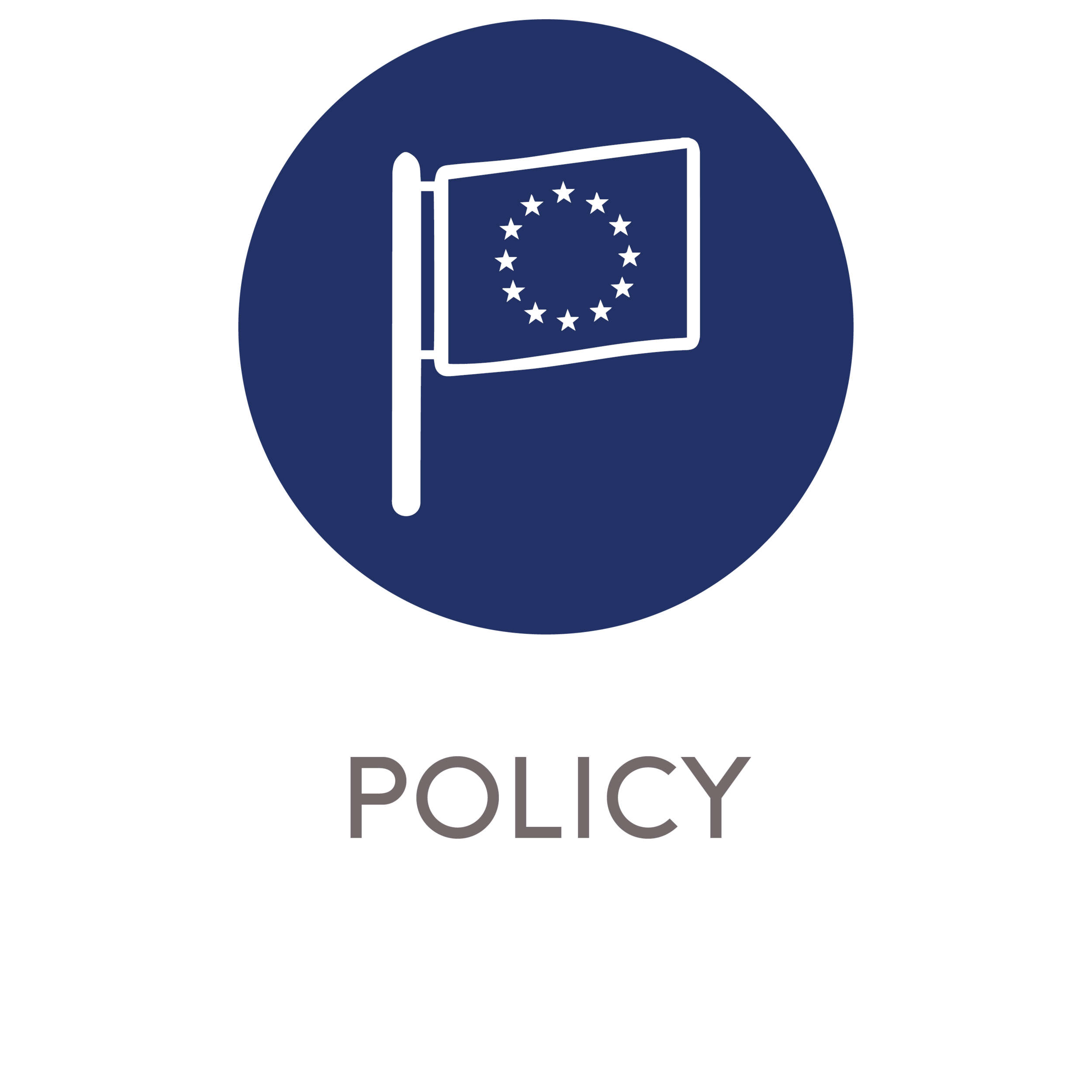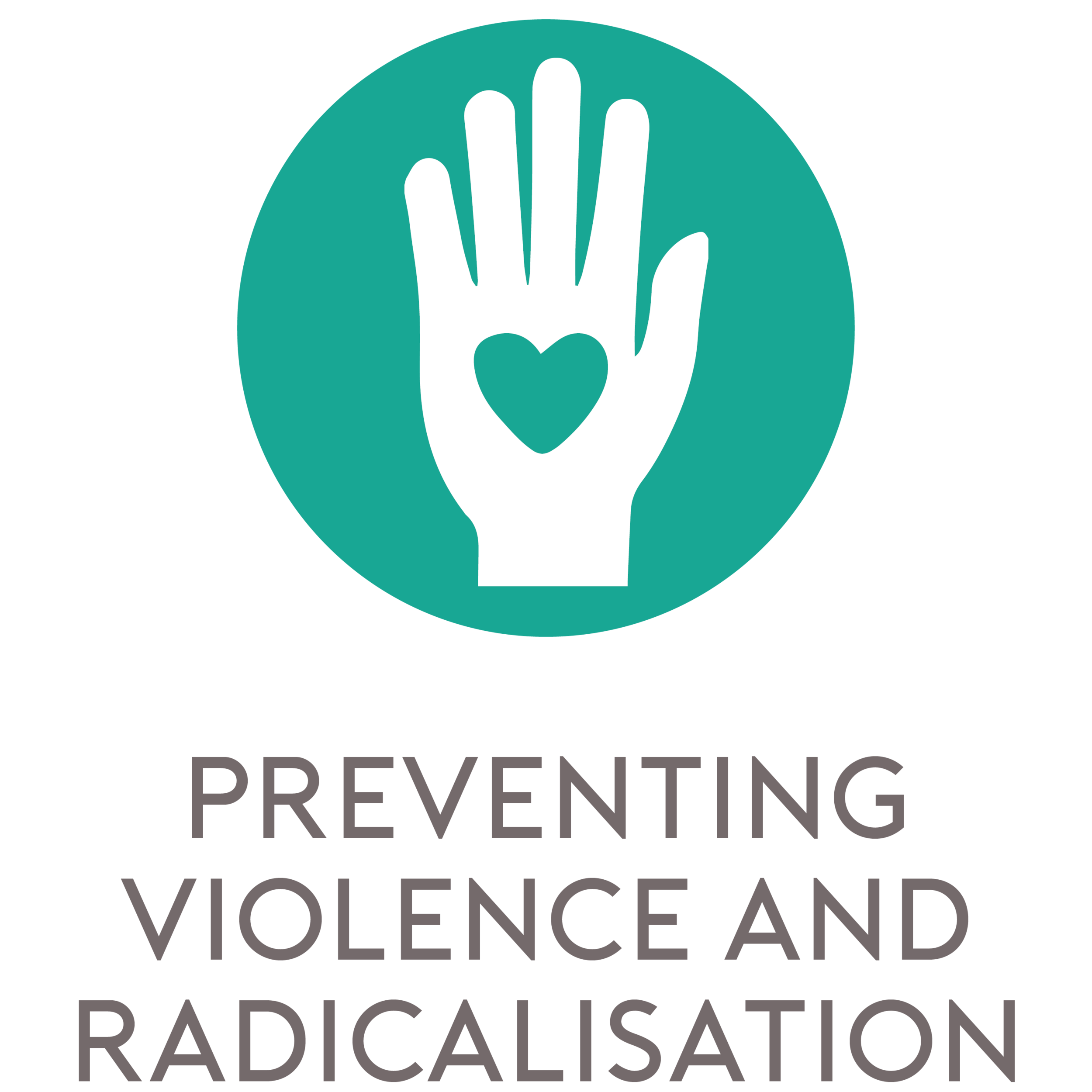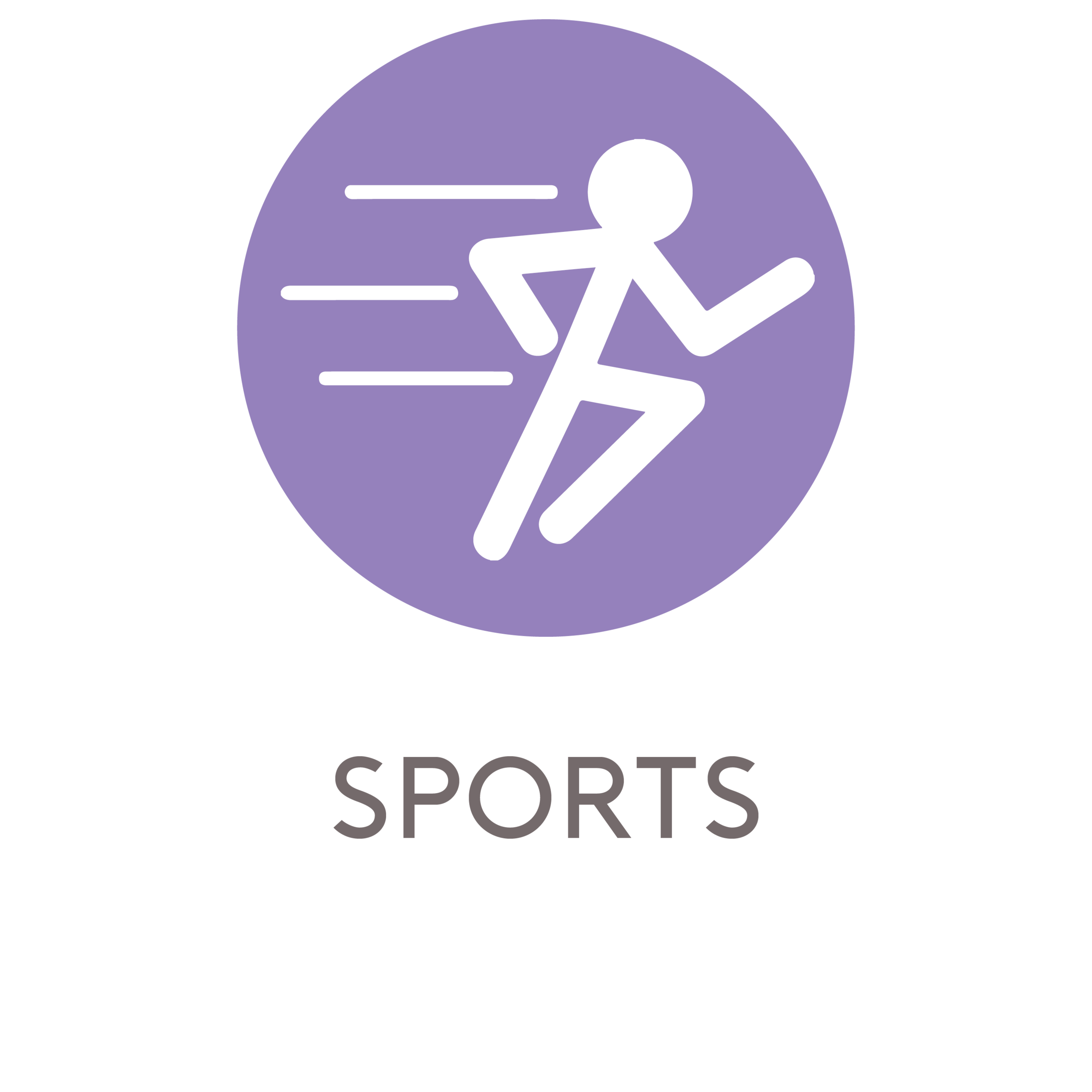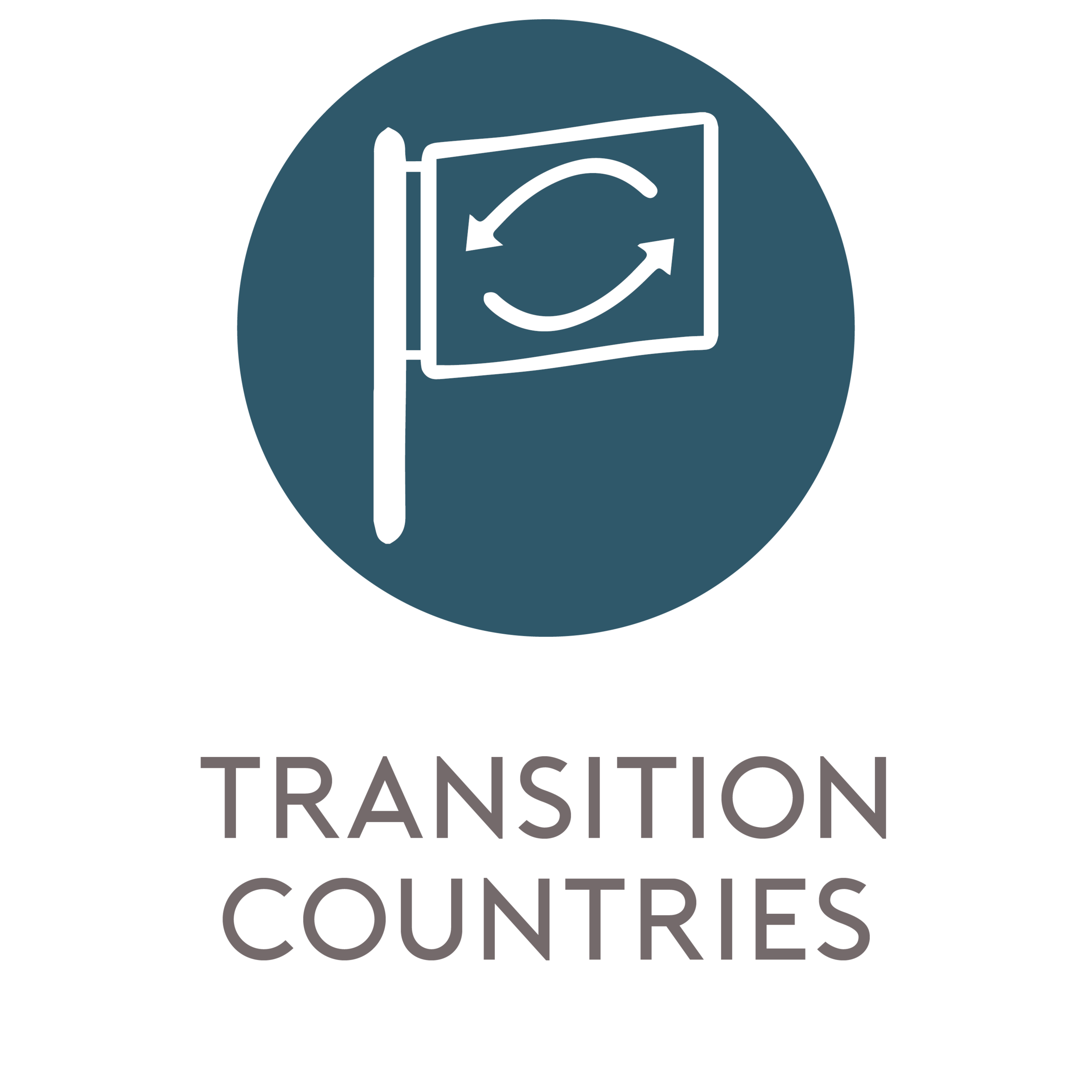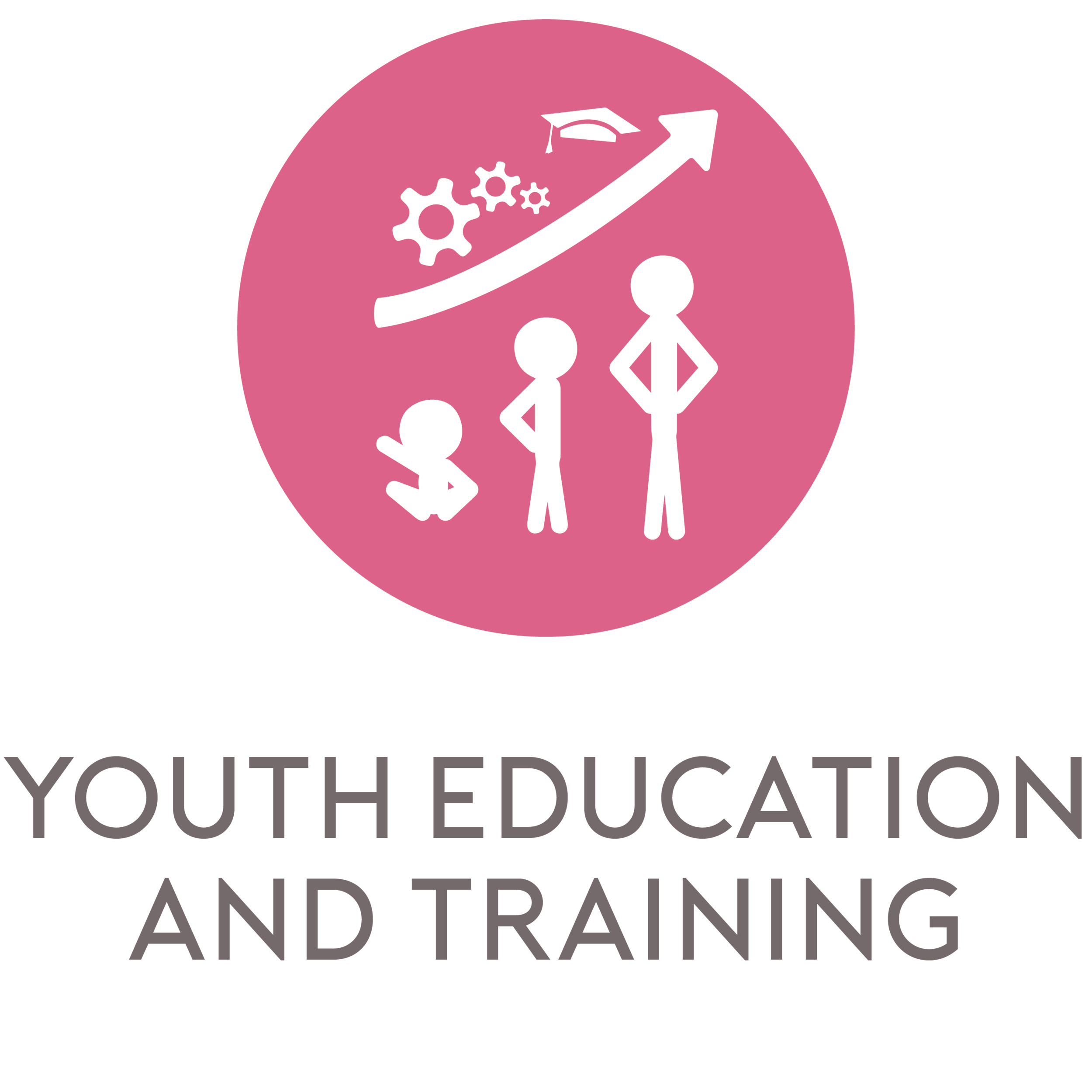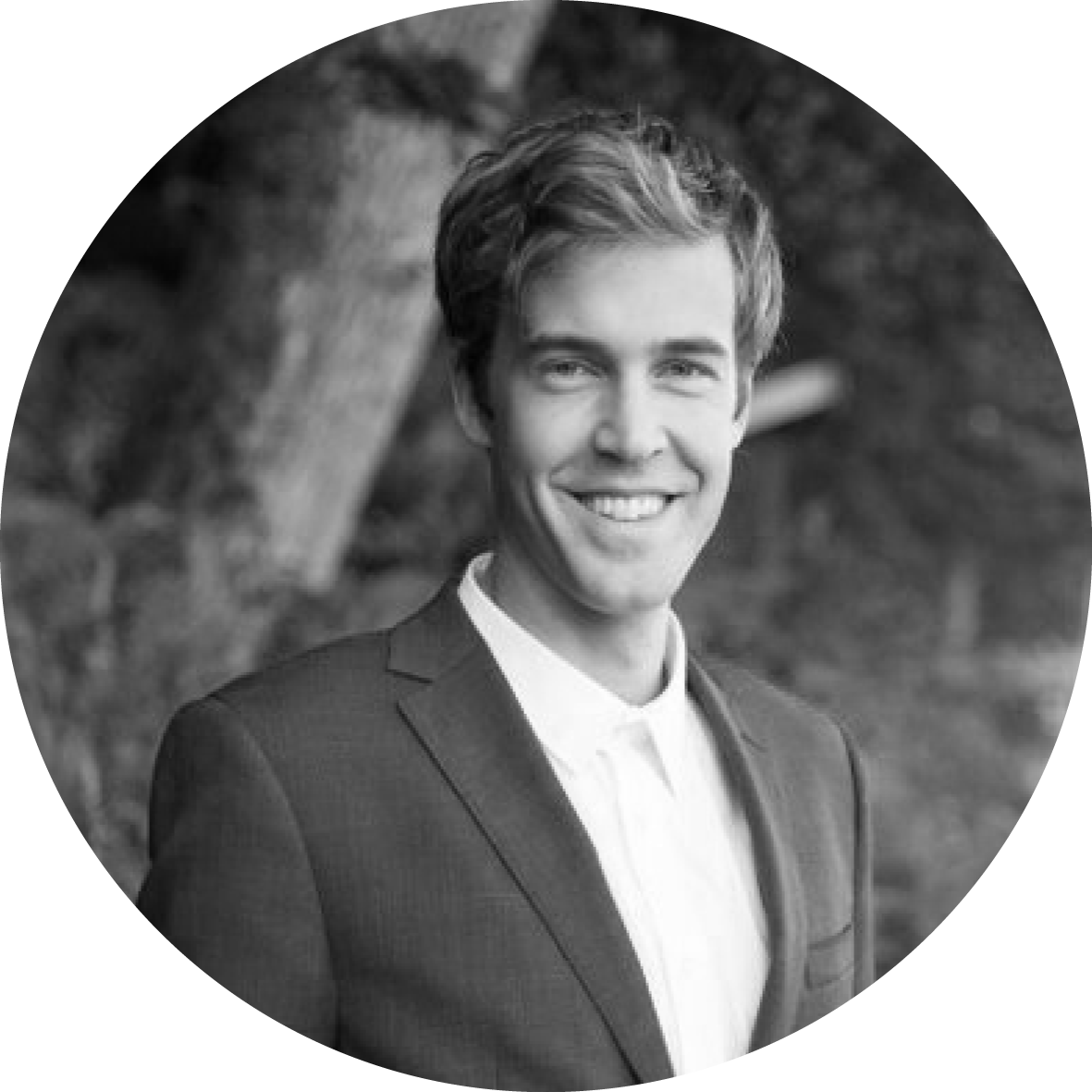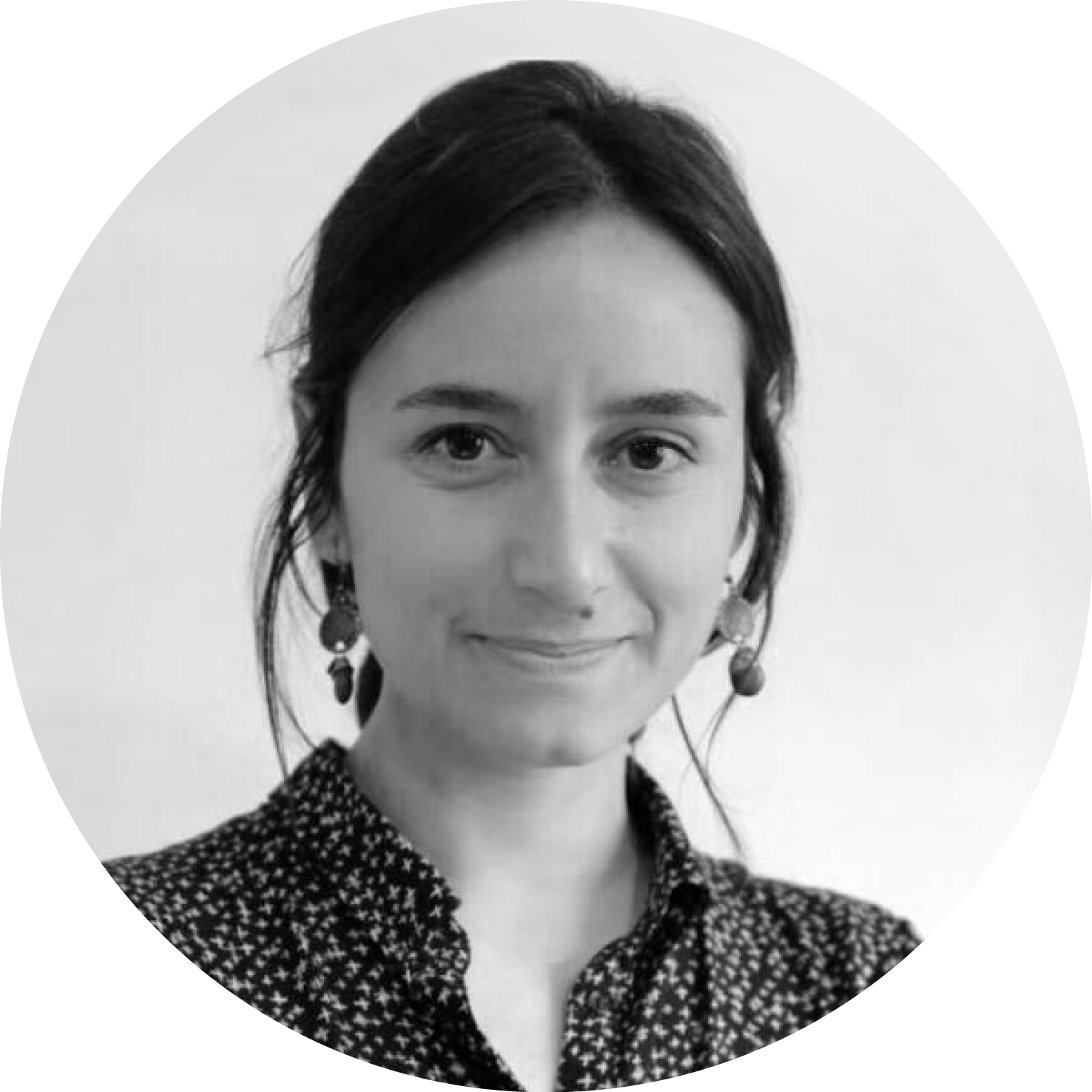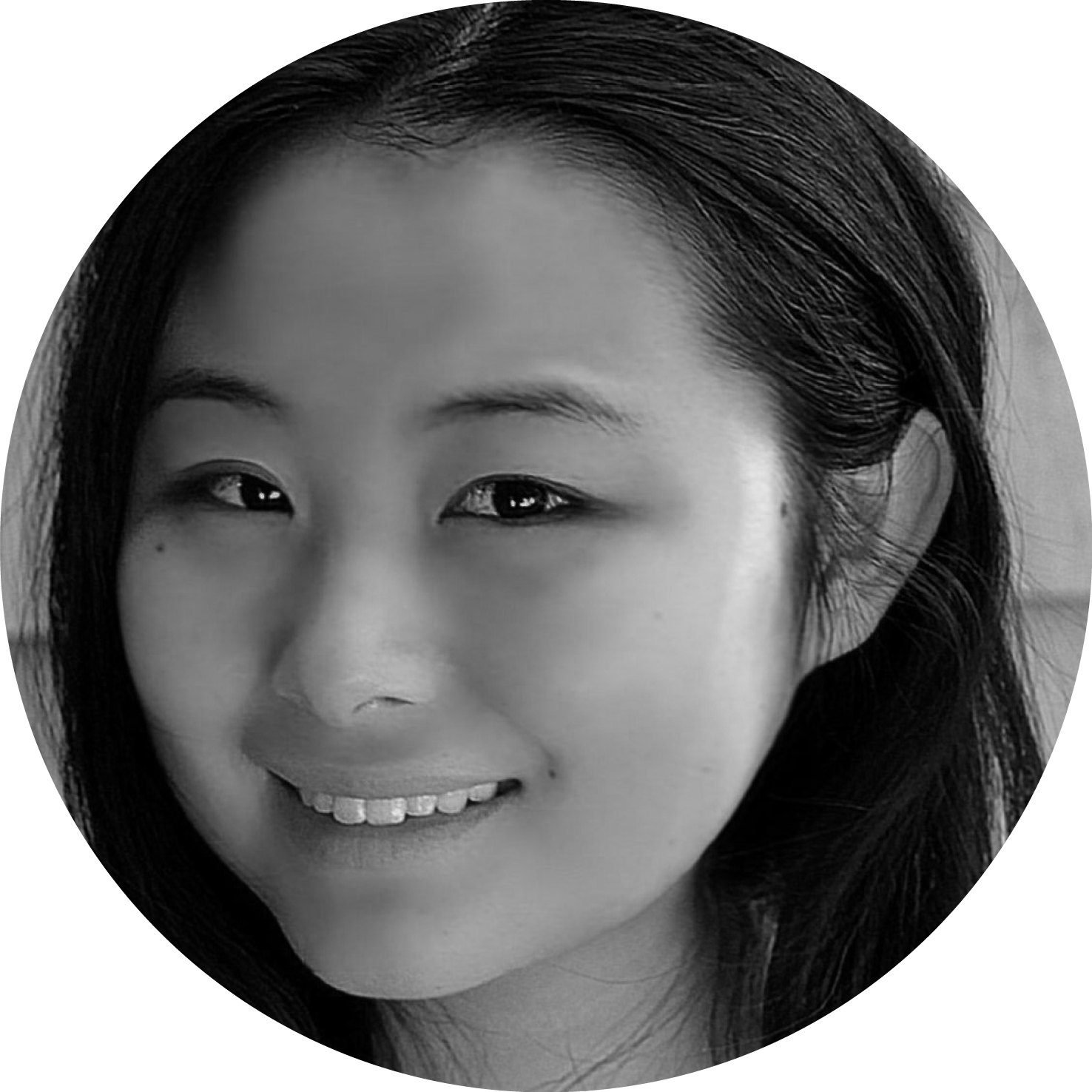+Portfolio of Solutions
―Youth Education and Training
#MeWe International Inc
Mohsin Mohu Ud Din
The Problem
Each young person is a carrier of innovation, hope and changemaking, but not everyone gets the opportunity to discover and exercise this as a power. One of the biggest threats to peace and development are generations of youth who are not being activated as communicators, creative leaders, and changemakers. Consequently, many young people become victims of alienation, depression, and sometimes violence or extremism.
The Solution
#MeWe International Inc. uses the processes of strategic communications and storytelling as tools for healing, empowerment and community building. While grounded in a social entrepreneurship framework, the #MeWe storytelling programme for young changemakers intentionally integrates therapeutic frameworks. These are borrowed from narrative therapy and logotherapy, and help focus more specifically on self-awareness, trauma recovery, restoration of control and agency in a context of perceived powerlessness. In the process of collaborative storytelling, the #MeWe methodology enhances spaces for internal, interpersonal, and community communication. These are the ingredients for sustainable peace and development that youth and young refugees are not able to exercise and live out in traditional education programs and status-quo youth engagement.
The Impact
The project trained Syrian refugees to replicate the storytelling and changemaker programme to youth and parents, reaching out to 1,500 people by August 2018. Its partners include Questscope, which is hosting Me/We inside the Zaatari refugee camp, and the NGO DARB-Syr, which is leading #MeWeSyria in Turkey. Previous phases of MeWe were supported by the German Government and Ashoka’s Youth Venture. The programme has received awards and recognition from SOLVE MIT, UNHCR Innovation and Open IDEO.
CATALYSTS
Lisa Cooper
The Problem
Many young people lack the support they need in making important life choices and as a result, are not completing school and are at risk of becoming outsiders in society. The high school dropout rate is 27% in Norway and 33% in Sweden. These rates are even higher for immigrant youth. Only 65% of young people with minority backgrounds are in education or employment, compared to that of 87,8% of the “Norwegian” youth.
The Solution
Catalysts focuses on increasing young people’s knowledge and awareness of their strengths, abilities and interests. Catalysts has a goal of building relationships, increasing the contact between cultural groups and breaking down the barriers that exist for young professionals and youth with a minority background, who are experiencing challenges when attempting to enter the labour market. They also work to reduce school dropouts in this group. Young people are paired with mentors with whom they have regular one-on-one sessions during a 12-month period. The mentoring and coaching programmes are based on concepts such as diversity management and appreciative inquiry. The mentors, in turn, change their mindset about youth with minority backgrounds.
The Impact
Catalysts ensure that they include a wide range of youth who are at a risk of dropping-out and facing unemployment. In 2018, they reached 960 youth across 5 regions in Norway and created 126 mentor relations.
“Our mission is to help all youth, regardless of background and nationality, to feel a sense of belonging, to finish their studies and build a solid path to employment through our mentoring program, which provides a caring adult contact, and an anchor to their local community.”
Çocuklar Aynı Çatının Altında - The Association of Saints and Children Under the Same Roof (Çaça)
Azize Leygara
Founded by Ashoka Fellow, Azize Leygara
The Problem
In Southeast Anatolia, over a million people have had to relocate due to armed conflicts in the past. As a result, many large families face extreme poverty, violence and lack of social services, and cannot take care of their children. Children who cannot attend school are often seen as an economic asset and are forced to work, exposing them to all kinds of exploitation.
The Solution
The Association of Saints and Children Under the Same Roof (ÇAÇA) helps children gain confidence through social development of individuals. The organisation supports them to refrain from work on the streets and to continue their education. Through regular household visits to children's homes, families are provided with help from different non-governmental organisations and government agencies. This support network helps families and children cope with poverty and escape violence.
The Impact
ÇAÇA's holistic approach and efforts had a significant impact on the decrease in the number of children, dropped from 3,000 to 700 in five years, working on the streets in Diyarbakır. Engaging with 1,500 children and 200 families in Benusen each year, the organisation has established a support network of over 50 people in NGOs working with young people and children in all four provinces of the region.
GAME
Morten Bo Andersen + Emily Ronek
The Problem
Disadvantaged areas lack opporunities for children to engage in sport and after-school activities. Such activities can help foster a sense of societal belonging, and its lack in children that grow up in deprived areas decreases their chances of employment. The increased negative effect of segregation in communities and schools, based on people’s socio-economic or ethnic background, contributes to reduced self-efficacy in disadvantaged neighbourhoods.
The Solution
GAME is a non-profit street sports organisation which creates lasting social change in disadvantaged areas. The organisation educates young volunteers to become leaders and role models in street sports and street culture. These ‘playmakers’ offer free and inclusive street sports activities in their own communities to help bridge differences. The programme brings together different urban sports, dance and urban culture.
The Impact
GAME works in 9 countries so far and engage 118,000 children in their activities yearly. With a total of over 15,000 beneficiaries and multiple activities, the project has played a prominent role in 30 local neighbourhoods in Denmark.
“For a lot of these kids, volunteers and participants alike, it is their first meeting with adults taking an interest in their situation. The continuous effort changes kids and volunteers before your very eye”
ICE HEARTs
Ville Turkka
The Problem
Children end up in foster care as a result of poverty, addiction or crime. The affected children often face social exclusion and gain limited social skills as a result.
The Solution
Icehearts aims to prevent social exclusion by enhancing social skills and promoting the well-being of children in a vulnerable position. The organisation provides consistent long-term support for vulnerable children, when they are often met by numerous professionals and difficulties. The organisation uses team sports as a tool to engage children in social work. Each team is led by a mentor that supports children at school, after school and at home for twelve years. Older team players introduce the children to various educational paths and career opportunities.
The Impact
Over 600 children and young people are involved in the activities of Icehearts, together forming 37 teams. With this approach, the organisation has helped save approximately 9 million euros from public institutions.
“When the boys were 8 years old, we had a summer camp. We went swimming, skating and had a good time together. It was quite rough for me as an educator. Many of the boys had behavioural problems and quite often they solved problems by fighting. On the last day I gave them t-shirts as presents. Tears were running down my cheeks and one of the newest boys asked why I was crying. Another boy answered him: He is crying because he likes us so much”
IDROTT UTAN GRÄNSER
Admir Lukacevic
The Problem
In Sweden, more than 40% of children with an immigrant background live in majority immigrant areas while 55% of all children with a Swedish background live in majority native Swedish neighbourhoods. Diverse immigrant communities are increasingly segregated from local citizens; a problem that begins upon arrival of a migrant. This segregation is reflected in the schools and their students.
The Solution
Idrott utan gränser (IUG) wants to give children the opportunity to shape their own future. Through positive role models and meaningful sports activities, IUG empowers children and young people to be seen and confirmed. The project engages a network of municipalities, schools and sports associations to run sports activities during and after school hours as well as during holidays. The concept is based on seeing, praising and confirming the actions of each child, encouraging them to participate actively, to build social relationships, to fail and to feel free to say ‘no’.
The Impact
IUG reaches 26,000 children weekly in 97 schools across 6 municipalities in Sweden. After 12 months of participation in the programme, 42% more children dare to speak up when bullying occurs.
“In every school class there are kids who are not seen and by catching kids at an early age by introducing activities during school and after school programs, then we have the opportunity to shape their future in the best possible way.”
Kiron Higher Education
Markus Kressler and Vincent Zimmer
The Problem
Not everyone has equal rights and access to education. Refugees and other migrants often do not have access to education in their home countries, and therefore struggle to find suitable jobs in their new places of residence.
The Solution
Kiron Campus is an online learning platform for underserved communities in the Middle East and refugees worldwide. The organisation empowers learners worldwide and equips them with the skills, tools and networks needed for future success. Kiron supports the fourth UN Sustainable Development Goal by enabling access to inclusive and quality education. Additionally, the platform is leading the way to find EdTech solutions for underserved communities. By providing opportunities for education and language learning, Kiron offers students the chance to thrive in their home and/or their host communities.
The Impact
There are more than 150 partners worldwide and over 6000 students enrolled in courses through Kiron. The platform has developed many digital tools for online learning and has played a large role in the lobby for the official recognition of online education.
“Back in Syria, I had always dreamt about studying computer science. Kiron gave me the opportunity to finally fulfil this dream.”
Mezze
Francisca Gorjão Henriques
The Problem
Due to general ignorance around the culture of the countries where refugees come from, the job integration in Portugal is difficult for coming refugees, especially for women.
The Solution
Mezze is a leading project for integration in Portugal that serves as a meeting point providing tools for women and youth to help value their work, competencies, and identity. Mezze creates sustainable employment solutions and contributes to inclusion using a model that will be replicated throughout the country. In addition, Mezze organises workshops and debates that help dismantle stereotypes and reduce prejudice.
Mitt Liv.
Jimmy Antonsson
Founded by Ashoka Fellow Sofia Applegren.
Jimmy Antonsson is responsible for innovation and digitalization of mentorship programmes at Mitt Liv.
The Problem
Unemployment amongst minority groups is much higher than the national average in Sweden. According to national statistics, the time it takes for newcomers that arrive in Sweden to secure a job is 5 to 7 years. Due to discrimination and the hosting society’s lack of awareness, people with a migration background are being excluded from the labour market. This exclusion creates frustration and segregation, resulting in enormous costs for the society
The Solution
Mitt Liv works towards an inclusive society and a labour market that values diversity. It does this by connecting Swedish businesses and competent work force with a migration background. Through mentorship programmes, Mitt Liv helps people improve their language skills, increase their knowledge of the labour market and expand their professional networks in Sweden. At the same time, through seminars, training sessions and networking events, companies obtain a greater understanding of strategic challenges and questions around diversity within the organisation.
The Impact
Every year, Mitt Liv works with approximately 500 people with a migration background. After participating in their mentorship programme, 51% of the participants secure a job that matches their competences within 5 months after finishing the programme (while only 1 out of 20 people achieve the same in the government’s employment agency integration programme).
“I want to see companies and candidates meet in a constructive way, recognizing and mitigating our prejudices and biases, and overcoming the differences in order to maximize the human potential as well as the company performance. Consequently, we can say “bye bye” to any type of discrimination, racist actions and bullying based on differences in colour, culture and so on.”
ReDi School
Anne Kjaer Richert
The Problem
Many flight migrants arriving in Germany lack the required qualifications to be employed there. Despite a lack of immediate employability, they often have a desire to learn and contribute to society.
The Solution
ReDI School of Digital Integration is based on the idea of technology as a bridge between people, finding new solutions for old problems. The school was founded in February 2016 and teaches technology as a way of connecting future digital leaders. Given the right opportunities, migrants can easily gain the necessary skills to fill the shortfall of skilled workers in the IT sector. The school teaches a digital skillset and enhances confidence and the sense of community within participants.
The Impact
ReDI currently has 316 active students and already 384 alumni. Through a survey done by 112 of the alumni, the school found that 57% are now in a job and a further 28% are enrolled in higher education.
Right to Play
Jonathan Koss
The Problem
Refugee youth, just as their parents, are struggling with integration into the local population. Engagement with locals of the same age can be difficult and the lack of interaction can foster a disinterest in contributing to their new ‘home’ society.
The Solution
The Right to Play programmes support the social, emotional, cognitive and physical development of children. Its interventions focus on three main areas: enhancing qualitative education, transforming health practices and building peaceful communities. Sport and play sit at the core of all related project activities. Right to Play can turn a race into a lesson about mathematics, or a football match into a lesson on communication. The applied learning methodology can further integration and engagement of refugee youth through fun and interactive games intentionally designed to teach critical life lessons.
The Impact
The organisation engages with children in 20 countries around the world, mainly in Africa, the Middle East and Asia. Through over 16,000 trained coaches and teachers, Right to Play supports playful learning of over one million children and youth to create better futures and lasting social change.
Schlau-Schule
Michael Stenger
Founded by Ashoka Fellow Michael Stenger
The Problem
The right to asylum is a humanitarian cornerstone in Germany. Its implementation, however, reflects the way policymakers perceive asylum seekers and refugees: as costly threats to society. Under current law and bureaucracy, unaccompanied underage asylum seekers who are over 16 years of age are prevented from attending school, learning German and acquiring vocational skills. Such policies have led this group to become disempowered and, often, to confirm negative stereotypes by turning to drugs, crime and prostitution.
The Solution
Schlau-Schule recognises the systematic discrimination that underage asylum seekers experience and provides a chance for young refugees to access education and integrate into German society, whilst changing the negative public perception towards this group. Young refugees have diverse backgrounds but face a common struggle: a lack of German language skills and previous education. Founded in Munich, this solution addresses the shortfalls of the education system by structuring courses in line with those provided at state schools and by providing first-class student services, such as social-psychological aid and legal assistance.
The Impact
Schlau-Schule's students have an extraordinarily high success rate at the basic state school exam, which enables them to qualify for vocational studies and a professional career. By bringing these success stories to the attention of politicians, state welfare organizations and the wider public, Schlau-Schule is transforming the perception of young asylum seekers in the eyes of relevant stakeholders. Having successfully established Schlau schools in Munich with 145 students, Schlau-Schule is expanding throughout Bavaria, Germany’s largest state.
Speak
Hugo Menino Aguiar
Founded by Ashoka Fellow Hugo Menino Aguiar
The Problem
There are 258 million international migrants globally. Almost half of non-EU citizens (48.6%) living in the EU are at risk of social exclusion, resulting in difficulties of finding employment, housing and participation in local culture and social life. Local citizens are often informed by stereotypes and prejudice, leaving them to feel unsafe upon the encounter of ‘different’ people. There is a lack of opportunities to integrate, understand and empathise with migrants and this has sparked tensions between migrants and local communities.
The Solution
SPEAK promotes the organic emergence of communities in which diversity is valued and cultures are shared in a safe space through peer-to-peer meetings. Locals, refugees and other migrants meet through an online platform and are invited to share cultural experiences and develop meaningful bonds. The project brings together locals and newcomers with the aim of creating a sense of belonging. It allows participants to facilitate informal language learning environments and host community events that engage beyond local migrant groups. Through this network, newcomers obtain access to informal recommendations as well as guidance with specific needs and integration challenges.
The Impact
Up to date, over 5,700 people have participated in SPEAK events and more than 6,100 people have attended language sharing groups. Nearly 50% of the participants were internationals. SPEAK’s latest impact assessment reported a 15% increase in the sense of belonging of participants after 12 weeks. The report also noted that language was seen as less of a barrier in the integration process for 30% of those that took part in events and language groups during this time period.
The Silent Academy
Luca Iacovone
The Problem
Many migrants that arrive in Italy are skilled in different areas, but do not easily obtain the opportunity to put their skills and talents into practice. The increased possibilities for skill and knowledge exchange frequently remain overseen and unused.
The Solution
The Silent Academy is dedicated to the exchange of skills and talents between migrants and the local community. Through workshops and training sessions, migrants engage with local citizens to collaborate on a topic of their expertise afterwards presented at public events. This process encourages migrants to become the main actors, as experts of their own strengths, knowledge and culture in exchange with the local community.
The Impact
The Silent Academy was involved in the mapping of 300 migrants' skills. Currently, about 30 Italians and migrants are involved in every artisan laboratory that takes place. Participants emerge with a wide range of talents, skills and an increased understanding of migrants’ heritages.
University of the People
Shai Reshef
The Problem
Refugees and other migrants, as well as other groups identified as vulnerable, face great challenges, but through education, it is possible for their lives to resume and improve.
The Solution
The University of the People is the world’s first non-profit, tuition-free, accredited online university dedicated to open access higher education. Using open-source technology and Open Educational Resources, UoPeople is designed to provide access to university studies for qualified high school graduates, regardless of financial, geographic, societal or personal constraints. UoPeople offers Associate and bachelor's degree programmes in Business Administration and Computer Science. The institution has gained the widespread support of leading academics from top universities around the world, e.g. New York University President John Sexton and Nobel Laureate Torsten N. Wiesel. UoPeople has created a special scholarship programme for refugees and asylum seekers who have recently arrived in Europe, in order to help them enrol in higher education. This programme, open to at least 500 students this year to enrol in Business Administration or Computer Science, will enable students to continue their studies and qualify for their chosen degree whilst they remain in their host countries, relocate or return to their home countries.
The Impact
The University has enrolled students from 170 different countries and is supported by a network of over 4,000 dedicated volunteers worldwide. It has partnered with Yale ISP Law School for research; New York University (NYU) to accept students; Microsoft for scholarships and employment opportunities and Hewlett-Packard for general support and scholarships for women. UoPeople is currently creating a scholarship programme for 500 refugees.
Mobile School/StreewiZe
Arnoud Raskin
Founded by Ashoka Fellow, Arnoud Raskin
The Problem
An estimated 150 million children and youth grow up in harsh conditions without a safe and caretaking environment. They live and work on the streets of big cities, are on the move from conflict or natural disasters or run away from socio-economic problems at home. For these children, the streets become their main learning environment, where they develop essential survival skills and build their identity. Non-formal education and outreach work are crucial to help them grow into positive contributors to society.
The Solution
Mobile School has developed an integrated outreach methodology to support street educators worldwide in unlocking the potential of these children in the environment where they feel most comfortable, the streets. Mobile School has developed innovative streetproof tools and methodologies to make education available anywhere. Initiated as part of StreetwiZe, the programme valorises talents and survival skills of street-connected children in 29 countries worldwide. Its pioneering outreach strategy shifts children’s attitudes away from assistance and towards empowerment.
The Impact
StreetwiZe invests 100% of their profit in Mobile School, co-creates the educational materials and relentlessly supports Mobile School by increasing its social impact. There are currently 56 mobile schools in 29 countries, through which the project has facilitated 76,209 contacts with street-connected children in 2018. That same year, the project reached the number of 190 trained street educators and facilitated a total of 163 workshops. These numbers are only expected to increase further.
Muslinked
Illias Marraha
The Problem
Muslims are often discriminated against in education and professional opportunities. Especially in Belgium, the rates of discrimination against minorities are extremely high, which hinders many talented and knowledgeable individuals to become or remain unemployed. Minorities are four times more likely to be unemployed in Belgium.
The Solution
Muslinked is a network for Muslims with great potential. The organisation brings talents together and draws connections within entrepeneurship, education and social profit. The network stimulates social engagement within all these domains. It hosts networking events within companies to help these diversify their teams. It engages with children in school to presenting different role models and setting up workshops and peer-to-peer-coaching. Through a toolbox, schools will become able to address issues and opportunities themselves. The youth forum of Muslinked provides a platform for discussion of related issues, which eventually may feed back into new proposals and activities provided by the organisation.
The Impact
Muslinked has successfully guided over 140 people into jobs in companies through their events. Through the organisation’s coaching, several people have felt empowered and equipped to set up their own businesses. Currently, more than 1,300 people are part of the Muslinked network (in Belgium).
UUGOT.IT
Philipp Etzlinger
THE PROBLEM
Language is one of the greatest obstacles for migrants upon arrival in a new country. 82% of the Austrian population has suggested they learn a language through watching television. However, there are no professional solutions to assist users, turning them from passive consumers into active learners.
THE SOLUTION
Uugot.it enables language learning through watching television, as it translates the content on television to any requested language. The solution includes an app-based language course to learn new vocabulary, by which it helps users retain what they have learned. uugot.it enhances the existing content of broadcasting companies by making it multilingual. The television becomes an educational resource.
THE IMPACT
Uugot.it has negotiated major partnerships with major language learning institutes across Austria. The project is currently connecting with schools to become part of their programme and foster inclusion within the education system.
Bibliothèques Sans
Frontières
Jérémy Lachal
Founded by Ashoka Fellow Jérémy Lachal
The Problem
Social inequality immediately affects the education system, as it often struggles to support the most vulnerable students. In Belgium, 11% of young people between 18 and 24 years old drop out of school prematurely.
The Solution
Bibliothèques Sans Frontières aims to change the guidelines for human rights in education to acknowledge the different cultural and educational dimensions. Digital technology provides the opportunity to learn remotely, through free access to qualitative education from all over the world. The courses offered by Bibliothèques Sans Frontières allow for professional integration and inspire innovation.
The Impact
Bibliothèques Sans Frontières has mobilsed over 100 international intellectuals – amongst whom 9 Nobel Prize winners – to put together content for the course. The course content is accessible in 21 different languages.
Young In Prison
Noa Lodiezen
Founded by Ashoka Fellow Noa Lodiezen
The Problem
Young in Prison envisions a world in which children and young people in contact with the law get a fair chance to realise their potential and to positively contribute to society.
The Solution
YiP believes that creativity liberates the potential of every child in contact with the law to contribute positively to society. Since 2002 YiP has been working with young prisoners, leading to the development of the COPOSO method: Contributing Positively to Society. COPOSO is based on the values of positivity, creativity, equality, inspiration, transparancy and honesty. YiP believes in working on a personal level with young people and providing high energy workshops.
The Impact
In 2018 YIP organised a total of 1500 hours of Urban Arts and Sports workshops for youth in detention in the Netherlands. Dutch youth prosecutors decided that training of the Youthlab is an obligatory part of their training curriculum. The Youthlab advised the Dutch Ministry of Justice and Security on what mea ingful probation could look like.
“I discovered that I am good at expressing my emotions through graffiti, as I’m not good with words. Thank you for always being there and helping me build new ideas for my life.”
“These workshops help me to recognise my skills, and I’ve learned that if you really want to, you can achieve something beautiful.”
HeterArt
Founded by Anna Vafiadou and Anastasia Karoussi
The problem
There are over 1.000 unaccompanied minors are hosted in shelters in Greece. ‘Gifted underachievers’ aged 16 -18 are unable to perform and develop skills.
There’s a gap in both mainstream education and the integration system regarding alternative practices.
Both local and refugee kids are marginalized and the loss of trust causes fragmentation.
The approaches in place fail to find a common language and ways to bring together these communities in a meaningful way.
The solution
Art, as a social buffer, eliminates shocks and crashes, smooths out the edges and blends paces.
HeterArt re-invents routes of communication, building bridges between people and cultures by using existing affordable resources, flexible and scalable tools, co-designed by youth and based in their common narratives and their need to express without words.
HeterArt’s educational program awarded at Hack the Camp (Dec.2016):
Merge science and art perspectives and the transition of the society.
Suggest innovative methods to help increase soft skills development
Propose workshops which drive critical thinking, creativity and adaptability
Identify solutions to ensure equal access and inclusion to quality education
The Impact
Drawing a framework of intercultural communication, HeterArt focuses on strategies used to bring together a diverse range of stakeholders to work on solutions.
Created Art2Tech, an R&D youth team, 30 case studies and more than 10 workshops Most of the beneficiaries managed to have at least a relevant part time job within three years.
Launched Lost in Jazz, an audience development project and Piano4all a kin-aesthetic approach of using piano as a communication tool.
Initiated a Cultural dialogue between Nordic countries and Greece.
Co-created Small Buddies a CSR-SDGs advocacy game.
Sirkhane
Pinar Demiral
The Problem
The daily circumstances local and refugee children from war-torn regions experience force them to “grow up” very quickly, often forcing them to forego key childhood development processes connected to play. As a result, these children seldom carry trauma deep within into adulthood, and often delve into extreme stereotypical gender roles.
The Solution
Sirkhane’s social circus breaks the cycle of violence and trauma in children and help them transform their difficult circumstances into resilience. Founded in 2012, Sirkhane trains children from conflict-ridden background in this innovative pedagogy, as well as other activities such as music. Through non-formal playful activities, children develop the tools to transform their trauma into strength and resilience, while developing key skills for their future such as teamwork, communication and leadership. Additionally, Sirkhane also works closely with families and other key stakeholders to provide children with holistic support and protection
The Impact
From 2012-2020, Sirkhane has served approximately 500.000 children in Turkey and Iraq through 4 Sirkhane centers located in Mardin province, as well as two other mobile units that reach rural areas. All four Sirkhane centers are currently at capacity, serving around 300 children daily. Sirkhane is also transforming the role of refugee and local youth through their Circus Heroes Program which educates youth trainers to be able to teach others in their own communities, gain work experience, and improve their opportunities for employment in the future.
Embark Project
Nuha Boğa and Serra Titiz
The Problem
Turkey hosts the world’s largest refugee population with 3.6 million Syrians, who are likely to stay in the country permanently. These refugees, many of whom are young, bring important talents and potential contributions to Turkish society. However, this opportunity is generally lost due to lack of spaces and initiatives to connect refugees with key local stakeholders who can provide support and guidance, while also better understanding and getting excited about the skills they can contribute to their new context.
The Solution
Embark is a unique initiative in Turkey that connects talented Syrian, Turkish and migrant youth with successful business leaders to exchange ideas, develop understanding, increase their employability, and build meaningful connections.
The Impact
Embark project has reached 20 youth mentors, 20 business leaders and more than 50 youth through trainings since 2018. New project editions have been launched with the support of the European Bank for Reconstruction and Development (EBRD) to increase the employability of Syrian, Turkish, and migrant youth and to boost efforts in economic inclusion, integration, and social cohesion.
Konexio
Jean Guo
The Problem
There are currently over 460,000 refugees and asylum seekers in France who have skills and work experience, but due to digital exclusion and disadvantages in the labor market, the unemployment rate among them is more than 37.5%. Training programs for migrants are often long and difficult for migrants to complete without additional income, and they often do not take into consideration significant basic digital literacy gaps that migrants have.
The Solution
Konexio has developed a completely new way of providing job training and upskilling for migrants and refugees to be quickly successful in a diversity of job markets. Through deep and ongoing market studies, they are able to focus on digital skills that are highly in-demand, and get companies with the needs to participate in the trainings to both improve the training quality as well as to create potential connections for trainees to land a future job. Aware that many migrants drop out of long-term programs, forced to pursue less qualified (and often informal) job opportunities to bring in income, Konexio offers short training modules that start with the immediate skills needed to start making an income (e.g. building a digital curricula, using online “gig -economy” platforms). These modules build on each other up until achieving university-accredited studies, enabling migrants to learn as they work.
The Impact
In it’s first three years, Konexio has trained over 800 people from 24 countries, 67% of trainees have either secured employment or enrolled in a longer-term credit earning. They have engaged over 200 local and international partners, many of whom are potential employers, and enabled 100 volunteers to give 10,000 hours to the program. This direct impact is key to establish a new way of training as a rule for the sector, where migrants can learn by working. Konexio has also launched a pilot program in a refugee camp in Malawi, successfully showing the model also works in transition situations, for refugees to be able to gain work experience (and income) while waiting for their asylum process to reach a conclusion.


